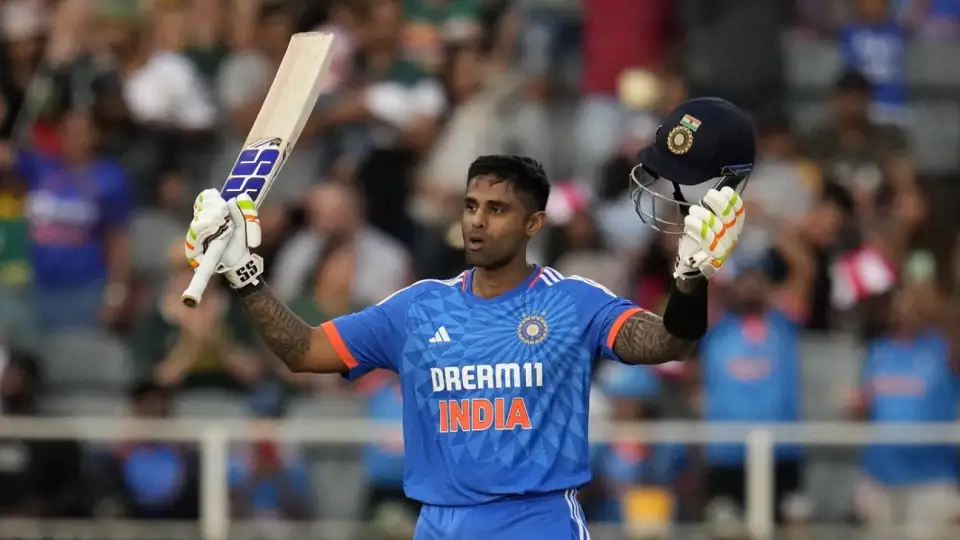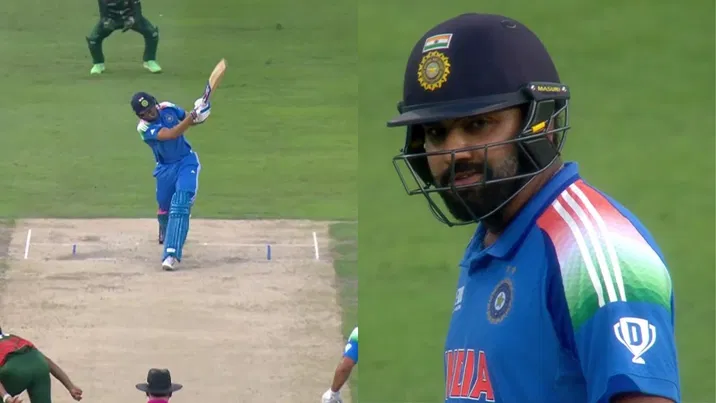
(AP Photo)
R. Sridhar, India’s former fielding coach, has clarified why Suryakumar Yadav was chosen as the new T20I captain following Rohit Sharma’s retirement in June. The decision to pick Yadav over Hardik Pandya was influenced by his availability for most T20I matches and the ease of managing his workload.
Sridhar, who served as India’s bowling coach under Ravi Shastri, noted that Yadav’s consistent presence made him the ultimate choice.
“The very fact that Surya is someone who will be on the park for every match India is playing and not being bothered about workload monitoring is something that has tilted the scales in his favour in terms of captaincy,” Sridhar told Hindustan Times.
He also emphasized that Suryakumar Yadav had previously delivered successful outcomes as a captain in T20I matches.
“Some of the matches he has captained India in when Rohit and Hardik were not available have given confidence to the BCCI that he can do an excellent job,” he said.
“He has been vice captain and was at KKR before that, when Gambhir was the captain… He is someone who has exhibited leadership qualities throughout his tenure with the Indian team. That’s held him in good stead, again falling back to his rapport with the other players and how they look up to him,” Sridhar added.
In addition to his leadership abilities, Sridhar praised Suryakumar Yadav’s individual brilliance in T20Is, stating, “He is the No. 1 T20 batter in the world and is something that goes in his favour as well. The confidence, the ability to lead the team both on and off the field, the availability of the player for all matches, his cricketing acumen—all these factors have tilted the scales in his favour.”
Rohit Sharma announced his retirement from T20Is after steering India to victory in the 2024 T20 World Cup. Following the win against South Africa in the final, he retired alongside Virat Kohli and Ravindra Jadeja. Rohit concluded his career as the top run-scorer in T20Is, the most-capped player in the format, and holds records for the most sixes and centuries.




